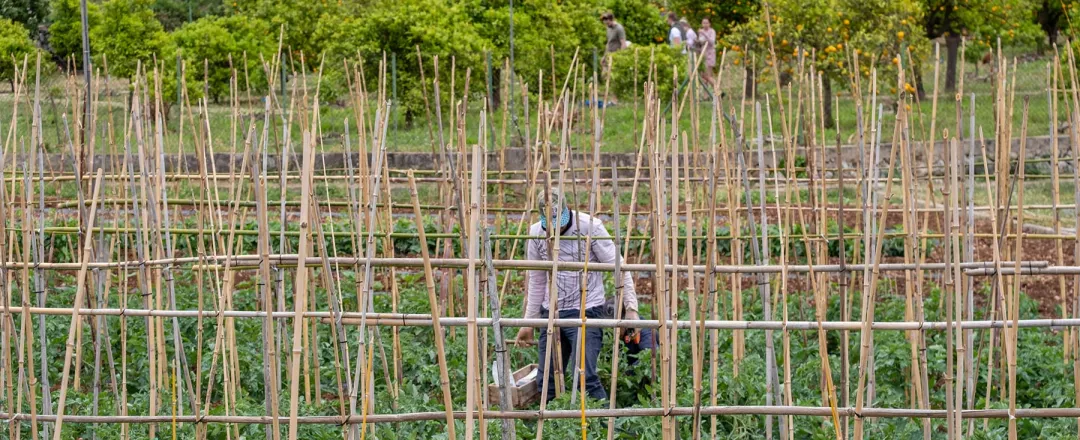Analysis of the COVID-19 crisis in Balearic rural areas and the implementation of the RDP
The report aims to analyse the effects of the economic, social and health crisis of COVID-19 on the Balearic rural areas, specifically in the implementation of the Rural Development Programme (RDP), and how LEADER and LAGs adapted to the pandemic.
- Spain
- 2014-2022
- Socio-economic impacts

The evaluation has been developed in the framework of the Balearic Islands' 2014-2020 RDP. It was commissioned by the Managing Authority, and the Agricultural and Fisheries Guarantee Fund of the Balearic Islands (FOGAIBA). Published in 2021, it focuses on analysing the impact of COVID-19 on each of the priority and focus areas, as well as on the internal management of the measures, in terms of implementation.
The analysis aimed to reflect on the effects that the economic, social and health crisis of COVID-19 had on Balearic rural areas, specifically in the implementation of the RDP.
The analysis focuses on the effects of the crisis in rural areas (mostly at a macro level), specific effects by type of beneficiary, effects by productive sector and specific effects on certain measures, in particular those linked to investment and job creation. It also analyses adaptation to COVID-19 (e.g. call for promotion of local trade through cooperation between producers), possible impact on the pace of investment and the evolution of Rural Development Priorities 2 and 3. The analysis also reflects on how LEADER and LAGs adapted to the COVID-19 pandemic.
To carry out the analysis, the evolution of different indicators was studied in 2020, with special attention to the period between March and June, when the Spanish government took more restrictive measures.
The main data sources are the National Institute of Statistics (INE), the 'GDP Evolution Report' prepared by Funcas, Labour Force Survey (EPA), the regional Statistics Institute (IBESTAT), the Ministry of Labour and Social Economy, and Datacomex, among others.
Some indicators studied are the Gross Domestic Product, employment, industrial production index, companies registered in social security, the Consumer Price Index, foreign trade, agricultural income and food consumption. For issues related to the management and implementation of the RDP, information from the Annual Implementation Report was used.
In terms of main conclusions, the analysis shows the need to adapt the way of working - throughout the pandemic, FOGAIBA's services had to adapt to remote working. During the first months of mobility restrictions, the administration did not have sufficient resources to adapt to teleworking so abruptly. However, teleworking was adapted gradually with managing applications and resources progressively adapted to ensure correct functioning. Online procedures have been used to avoid travel and to ensure necessary safe distance measures.
Secondly, the extraordinary situation led to a slowdown in the implementation of measures, such as training. On the other hand, measures with a greater component of innovation (e.g. Measure 16.2) suffered changes as a result of this slowdown. What could initially be considered innovative may no longer be so, due to the delays in implementation and justification.
Finally, it is also necessary to reorient some measures as a result of the difficulties faced by some beneficiary profiles. For example, the slowdown in investment led to a new budget allocation for the measures and the criteria was modified to reach a larger number of potential beneficiaries.
Author(s)
Red2Red
Resources
Red2Red - Analysis of the COVID-19 crisis in the Balearic rural areas and in the implementation of the RDP
(PDF – 891.54 KB – 59 pages)